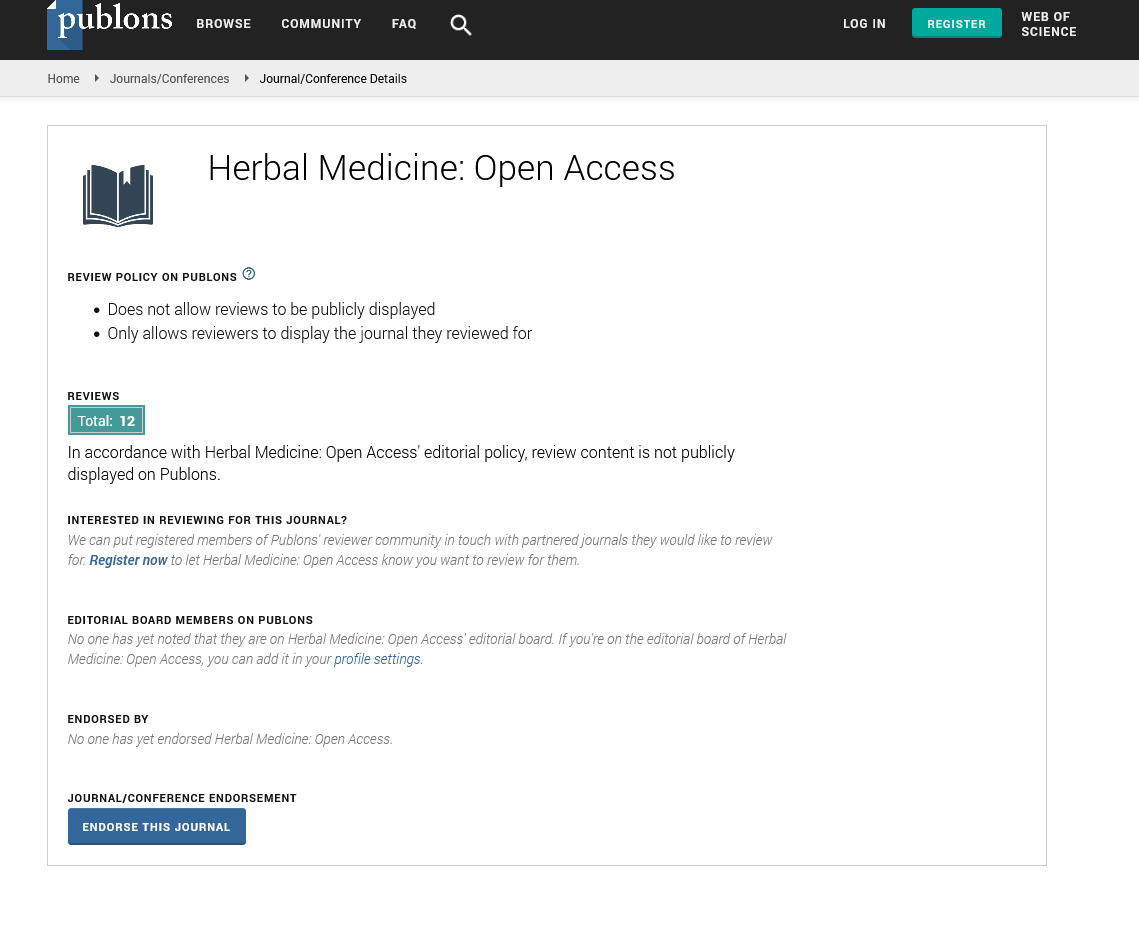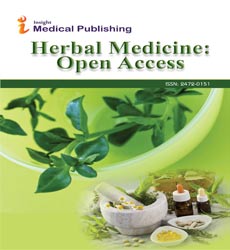Abstract
Assessment of the effect of lemon balm extracts on biosynthesis of type I collagen and activity of MMP in human skin fibroblasts of a patient with osteogenesis imperfecta type I
Introduction: Osteogenesis imperfecta (OI) type I is an autosomal dominant disease of connective tissue caused by mutations in COL1A1 gene encoding collagen type I. They include stop or frameshift mutations decreasing the biosynthesis of type I collagen by half in fibroblasts and osteoblasts. Although OI is characterized mainly by bone fragility, most of the research is carried out on skin fibroblasts. Bisphosphonates are mainly used to treat the disease and new strategies are still being developed. Increasing biosynthesis of collagen type I is one of the main goals of therapy.
Aim: The aim of this study was to evaluate the effect of lemon balm extract (LBE) on type I collagen biosynthesis and MMP activity in fibroblasts of patient with OI type I.
Material and Methods: The study was performed on fibroblasts of patient with OI type I and age-matched normal cells. Phytochemical analysis of LBE was established using LC-ESI-MS. Type I collagen was determined by ELISA and Western blot, and MMP activity by zymography.
Results: The main component of LBE was rosmarinic acid (80 mg/g). In OI fibroblasts collagen type I was decreased by about 50% as compared to normal cells, while treatment of cells with LBE at concentrations of 1, 5 and 10 ug/mL significantly increased its level in the cultured media. Collagen secretion in normal cells and OI cells was approximately 80% and increased significantly in treated cells. Moreover, LBE showed the ability to reduce the activity of MMP-1, MMP-2 and MMP-9.
Conclusion: The results suggest the clinical potential of LBE in reducing the quantitative defect of type I collagen in patients with OI type I. This effect may be due to rosmarinic acid, whose stimulating effect on type I collagen has been proven in our previous studies.
Author(s):
Joanna Sutkowska
Abstract | PDF
Share this

Google scholar citation report
Citations : 271
Herbal Medicine: Open Access received 271 citations as per google scholar report
Herbal Medicine: Open Access peer review process verified at publons
Abstracted/Indexed in
- Google Scholar
- JournalTOCs
- China National Knowledge Infrastructure (CNKI)
- Directory of Research Journal Indexing (DRJI)
- WorldCat
- Publons
- Secret Search Engine Labs
- Zenodo
Open Access Journals
- Aquaculture & Veterinary Science
- Chemistry & Chemical Sciences
- Clinical Sciences
- Engineering
- General Science
- Genetics & Molecular Biology
- Health Care & Nursing
- Immunology & Microbiology
- Materials Science
- Mathematics & Physics
- Medical Sciences
- Neurology & Psychiatry
- Oncology & Cancer Science
- Pharmaceutical Sciences


